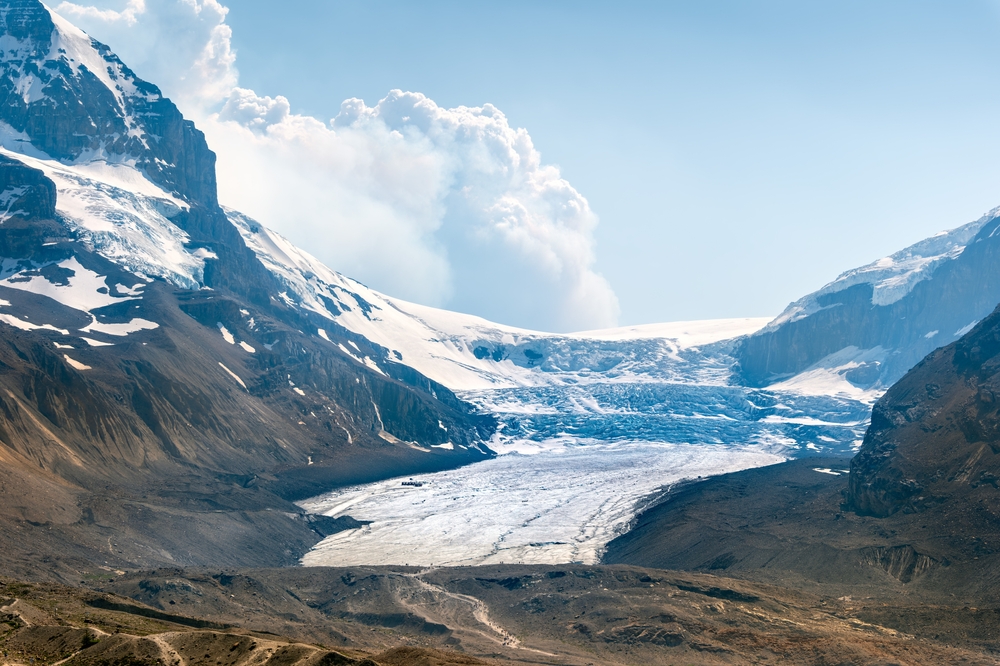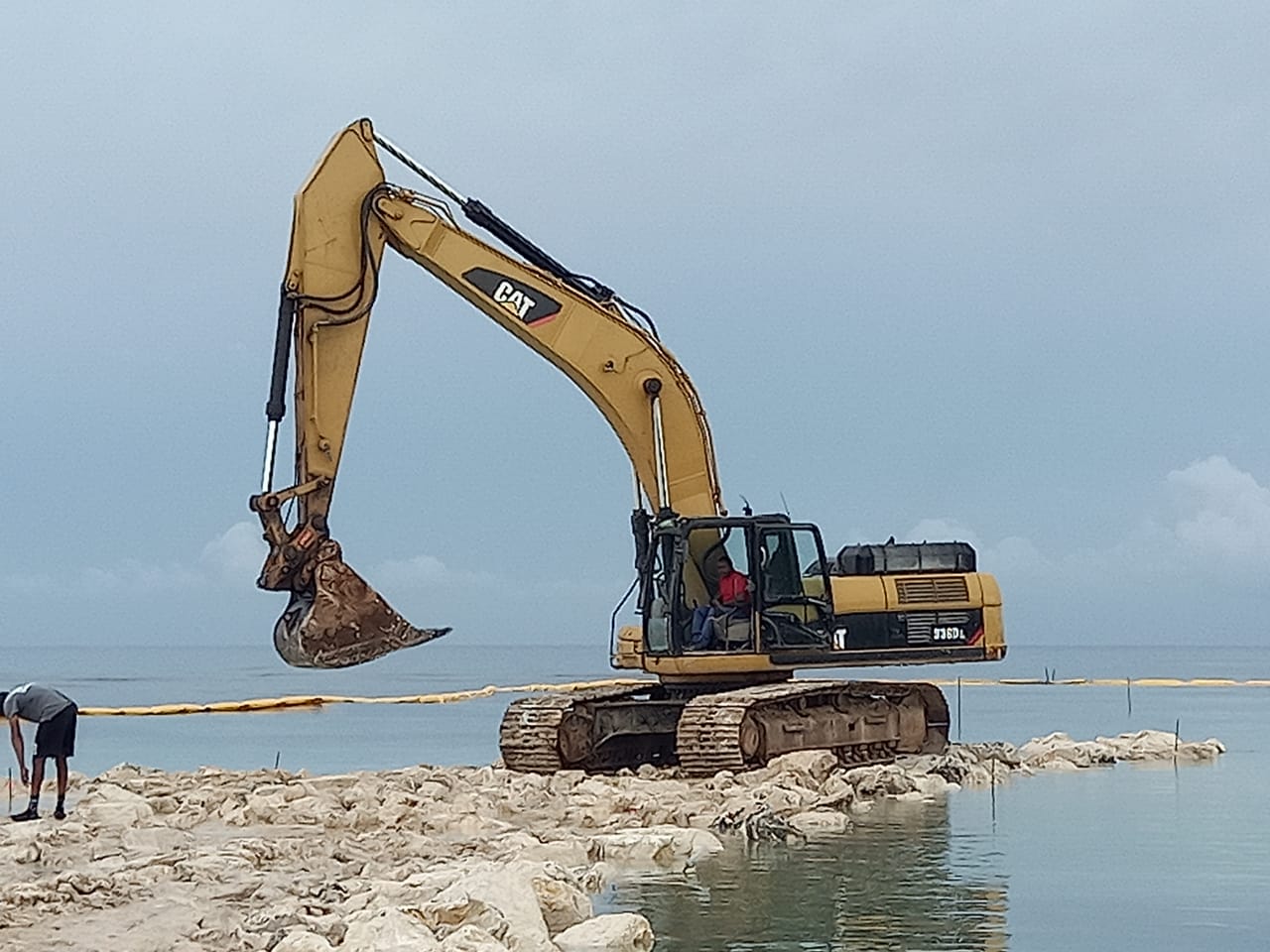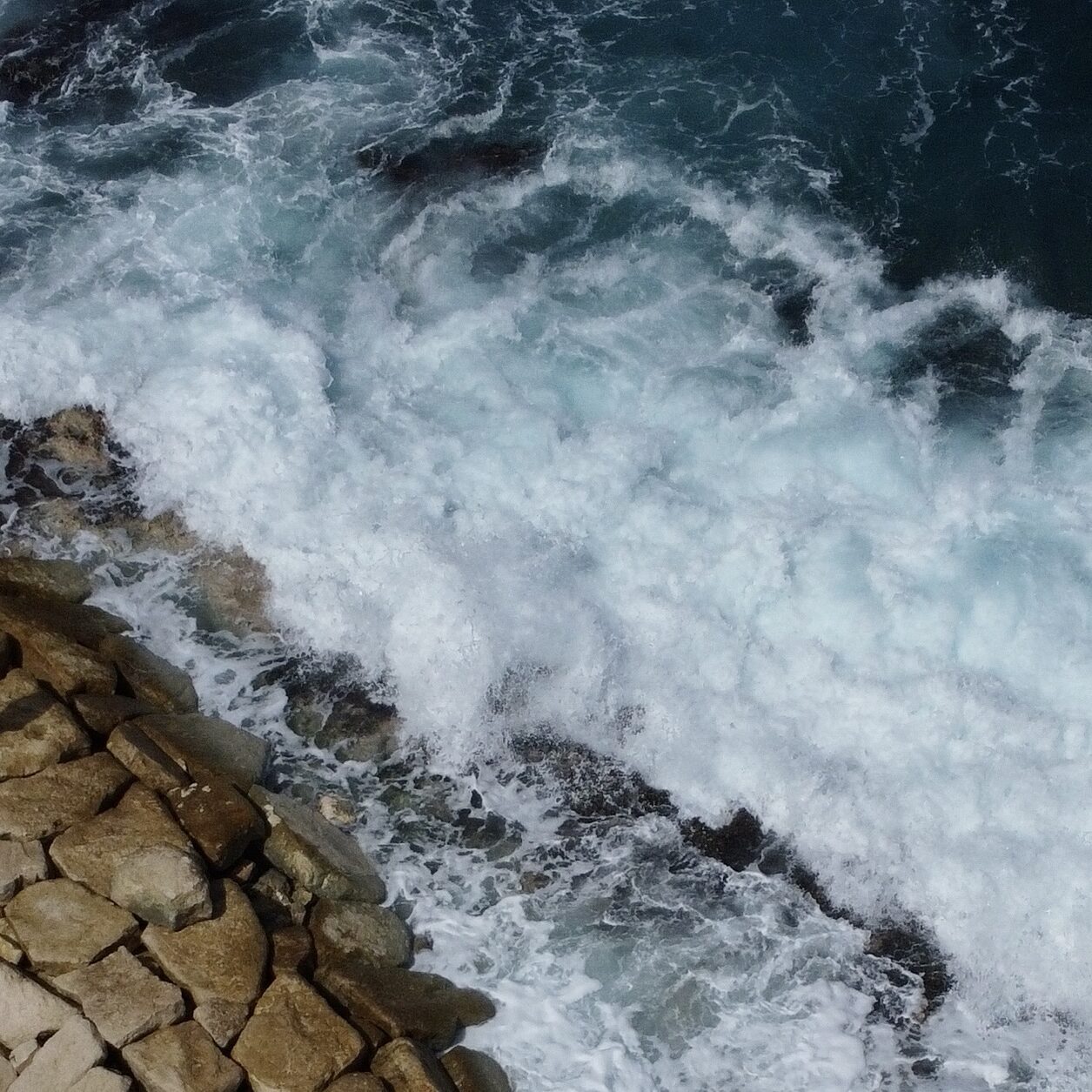Our Power, Our Planet: Could Solar Energy be the Caribbean’s Brightest Opportunity?
This Earth Day, under the global theme “Our Power, Our Planet,” we’re reflecting on how we can harness the Caribbean’s abundant sunshine to protect our planet and empower our communities. In the face of climate change, economic uncertainty, and a growing push for self-sufficiency, we need to look to the sun, not just for the warmth that brings millions of visitors to our shores each year, but for power.
A Region Soaked in Sunlight
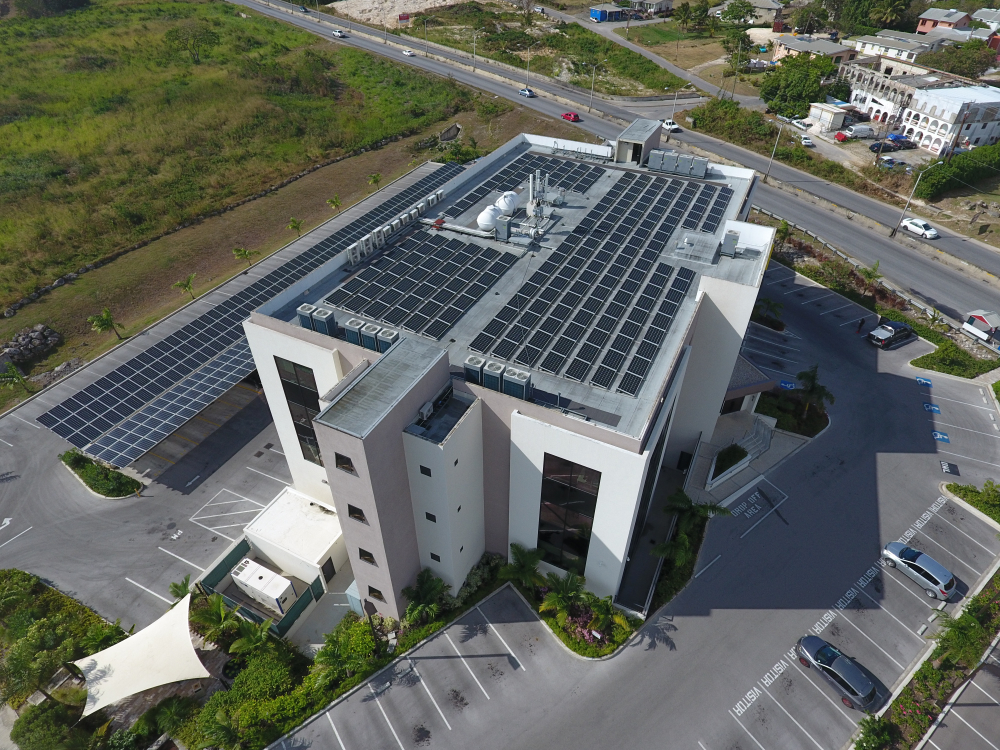 Long before solar became a global buzzword, Barbados was leading the charge. Solar thermal systems have been used there to heat water in homes since as far back as the 1970s. But heating water was just the beginning. By 2018, renewables made up 11% of Barbados’ electricity capacity, and there were (are) strong policies in place that allow individuals and businesses to sell solar power back into the grid. The Barbados National Energy Policy 2019-2030 was designed with the goal of transitioning Barbados to be the world’s first 100% renewable energy and carbon neutral island-state by 2030. They have focussed on solar, wind, and biomass, and there are now plans to add solutions like on-site green hydrogen storage.
Long before solar became a global buzzword, Barbados was leading the charge. Solar thermal systems have been used there to heat water in homes since as far back as the 1970s. But heating water was just the beginning. By 2018, renewables made up 11% of Barbados’ electricity capacity, and there were (are) strong policies in place that allow individuals and businesses to sell solar power back into the grid. The Barbados National Energy Policy 2019-2030 was designed with the goal of transitioning Barbados to be the world’s first 100% renewable energy and carbon neutral island-state by 2030. They have focussed on solar, wind, and biomass, and there are now plans to add solutions like on-site green hydrogen storage.
St Lucia’s first utility-scale renewable energy project was the 4 MW Vieux Fort Solar Farm, commissioned in 2018. In 2024, with assistance from RMI, St Lucia Electricity Services began work on eight solar microgrids for the island that will power an infant school, a primary school, a secondary school, a police station, a polyclinic, a hospital, a water treatment facility, and the Ministry of Infrastructure building. Distributing renewable energy generation in this way provides more resilience, with microgrids powering critical facilities that can continue to operate even with lengthy power outages from hurricanes or other disasters.
The largest solar photovoltaic project in the Caribbean is Cotoperí Solar in the Dominican Republic (shown below). It is expected to be energized and connected to the grid this month, April 2025. This is one of the 17 renewable energy projects in the Dominican Republic that will help the country in meeting its goal of generating 25% of its electricity from renewables by the end of this year.
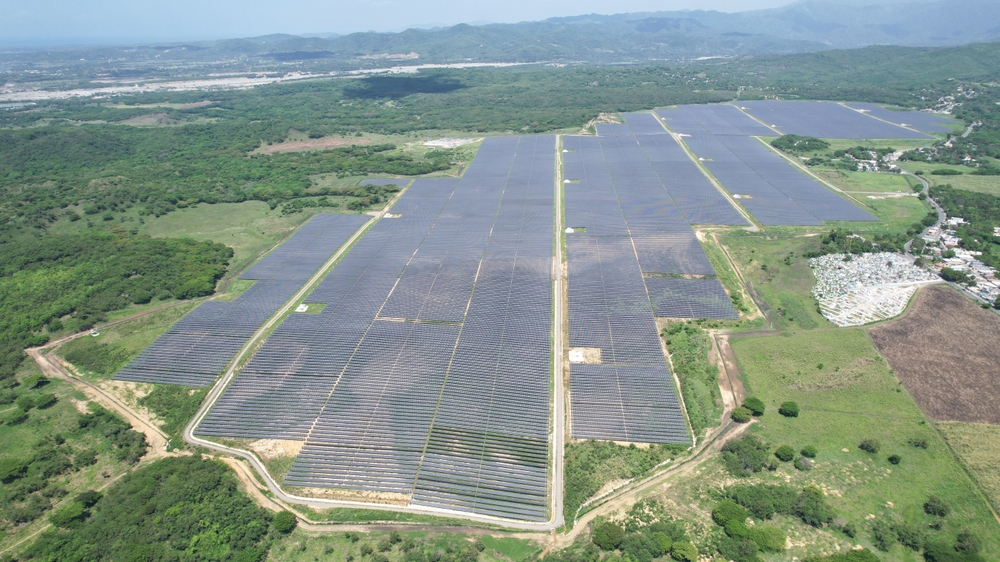
The Promise of Solar Power
The benefits go beyond just cleaner air and smaller electricity bills. Solar power helps Caribbean countries take control of their energy future. It means less money spent importing diesel or fuel oil. It means more local jobs—from installation to maintenance to engineering. And it means that, in a world rocked by climate change and geopolitical uncertainty, small islands have one less thing to depend on distant powers for.
Challenges to Overcome
It’s not all smooth sailing, though. The upfront cost of solar systems can be steep, and not every government or homeowner has the capital to invest. Some national grids are aging and not quite ready to handle the variability of solar power. And policies don’t always move fast enough to keep up with the technology. But the momentum is there. With support from international partners, private investment, and a growing base of local expertise, more and more islands are finding their footing.
Our Office Experience: Proof That It Works
At our office, we took the leap. Our electricity bills used to hover around USD 1,000 every month. After investing in a solar panel system in 2024, our bills dropped to roughly a third of that—saving us hundreds of dollars each month. The upfront cost was significant (about USD20,000), but the system will have paid for itself in less than 2.5 years. One of our founders also installed solar panels at home. His electricity bill shrank by roughly 90%, with an even faster payback timeline. Both our office and our founder will be saving thousands every year.
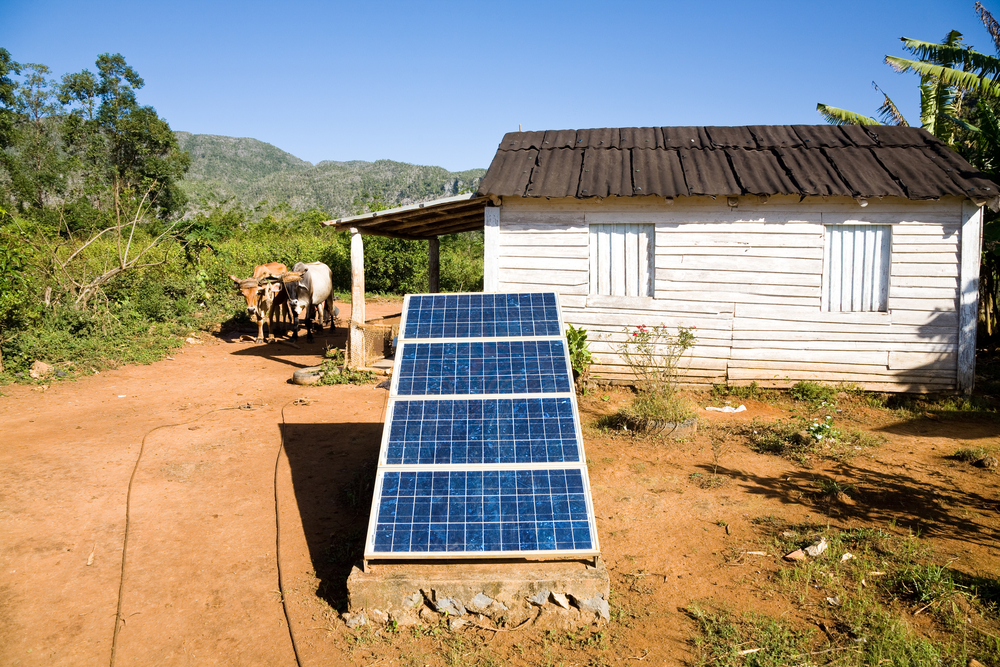
The bottom line is that these are not futuristic dreams—they’re real, local examples of what solar can do.
What Can We Do?
- Individuals: Explore options for rooftop solar. Even a small system can make a difference.
- Businesses: Assess your energy use and consider investing in solar—our own experience proves it’s worth it.
- Governments & Donors: Support incentives, financing schemes, and public-private partnerships that make solar accessible to more people.
- All of us: Talk about it. Share success stories. Inspire action.
Our Power, Our Planet
Solar energy might not solve all the region’s problems. But it’s a start—and a powerful one. On this Earth Day 2025, it’s worth celebrating the ways the Caribbean is leading with light.
